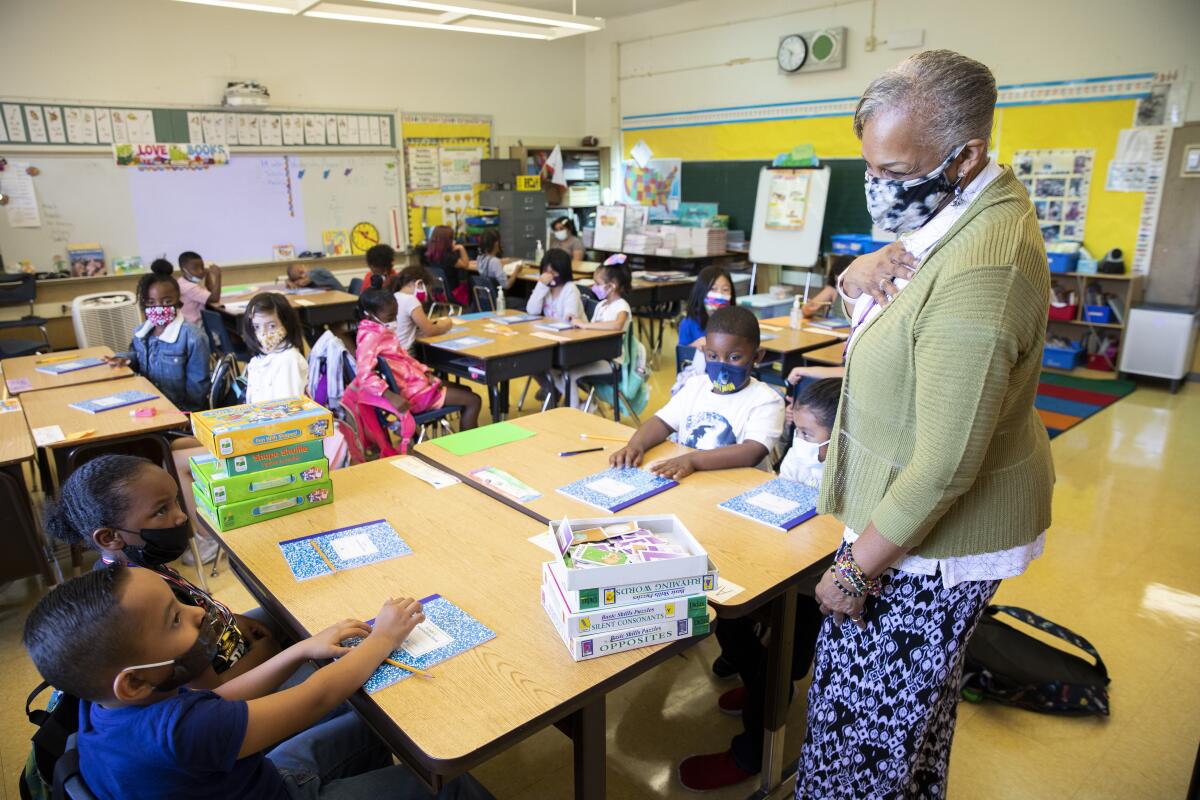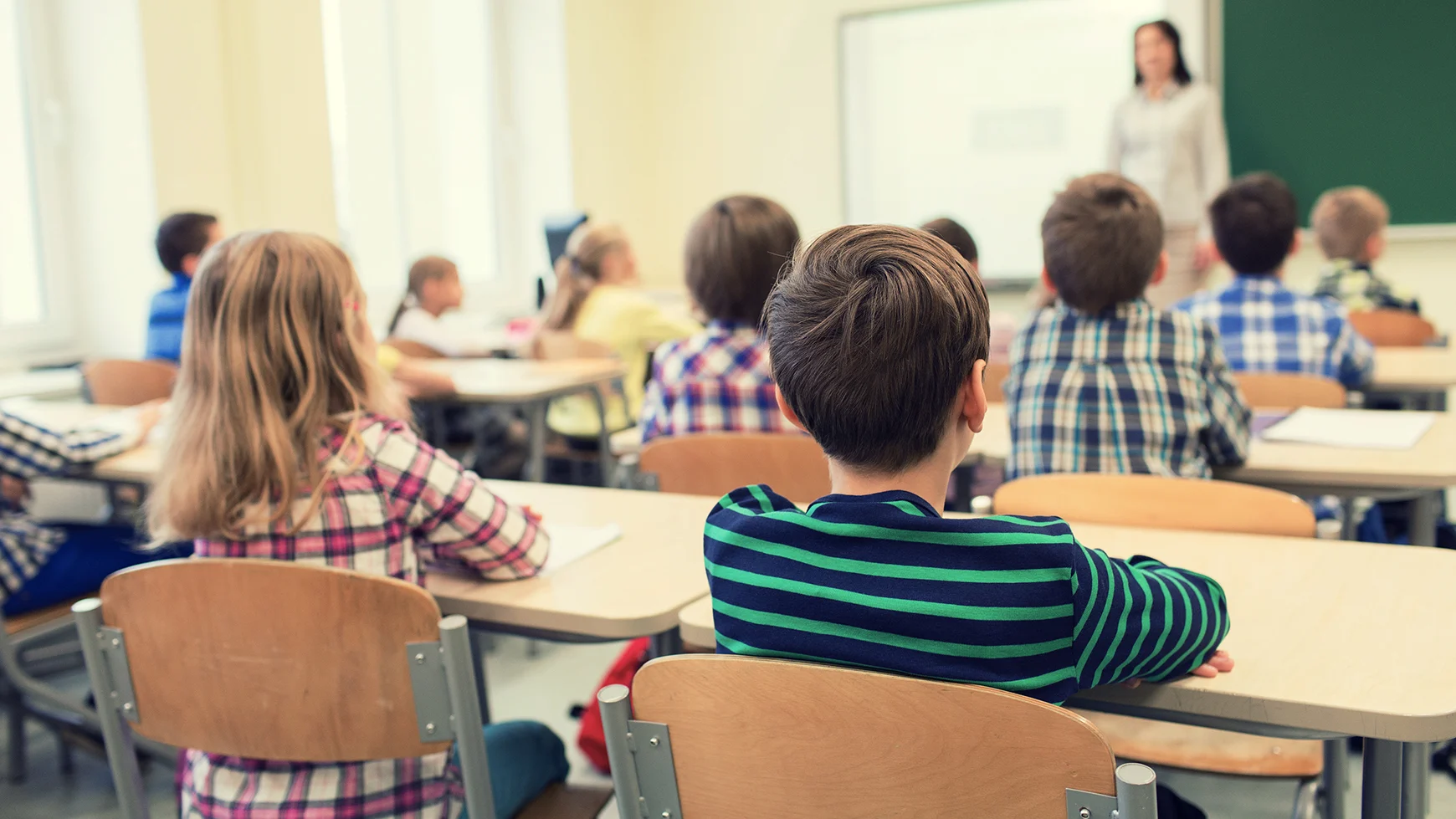Comprehending the Relevance of Schools in Youngster Advancement and Community Development
Schools function as crucial organizations for youngster development and neighborhood development, offering atmospheres where academic accomplishments are enhanced by the cultivation of social abilities and direct exposure to diverse point of views. These educational settings not just promote vital thinking and reliable interaction but likewise foster compassion via joint projects. Institutions' involvement with regional neighborhoods through service-learning efforts reinforces the bond between households and academic organizations. This symbiotic relationship highlights the relevance of institutions in supporting active citizenship and lifelong understanding practices. Nonetheless, what are the details mechanisms by which these establishments attain such profound influences?
Academic Achievement
Academic achievement functions as a cornerstone of kid advancement, providing the structure upon which future learning and success are constructed. Schools play a critical duty in promoting this academic growth, using organized atmospheres where youngsters can obtain essential expertise and cognitive abilities. Standard educational program ensure that pupils gain efficiency in core subjects such as mathematics, scientific research, and language arts, which are important for both higher education and learning and specialist opportunities.
Along with giving basic academic abilities, institutions also cultivate essential thinking, analytic abilities, and intellectual curiosity. These cognitive proficiencies are vital for browsing complicated real-world situations and adapting to the ever-evolving needs of the modern-day work environment. Teachers, as facilitators of learning, utilize varied pedagogical methods to deal with diverse understanding styles, therefore making best use of specific student possibility.
In addition, scholastic success is carefully connected to self-confidence and inspiration. Children that experience scholastic achievements are most likely to establish a favorable self-concept and a long-lasting interest for learning. Institutions also use various resources, such as collections and technology, which better enhance the academic experience and prepare pupils for a technologically innovative society.
Social Skill Development
Beyond scholastic achievement, the function of institutions in social skill advancement is indispensable. Schools function as a primary location for youngsters to find out and exercise vital social skills such as problem, interaction, and collaboration resolution. In the organized atmosphere of a classroom, pupils communicate with peers, educators, and other institution staff, offering numerous possibilities to develop these crucial abilities.
Efficient social ability growth in institutions is facilitated through group tasks, collective projects, and extracurricular programs. These interactions aid trainees understand social norms, develop empathy, and foster a sense of neighborhood. Group projects teach pupils exactly how to work together towards a typical goal, pay attention to different perspectives, and navigate disagreements constructively.

The farming of social skills during institution years lays a foundation for future individual and specialist partnerships. Save Temecula Schools. As pupils grow, the ability to successfully connect and work together comes to be increasingly essential, emphasizing the school's important role in alternative kid growth
Direct Exposure to Variety
Exposure to variety in schools is essential to fostering a comprehensive attitude and widening pupils' point of views. Schools act as a microcosm of the wider society, and encountering varied societies, languages, and socioeconomic histories within this setting gears up students with crucial skills for navigating an increasingly globalized world. This direct exposure motivates compassion, minimizes bias, and promotes shared regard amongst peers.
Research study indicates that pupils who communicate with peers from different backgrounds show better analytical skills and creativity. This understanding of variety prepares students for future work environments that value multicultural competence - Save Temecula Schools.

Neighborhood Engagement
The benefits of varied class extend past the institution wall surfaces, cultivating a strong feeling of neighborhood engagement among students. By communicating with peers from various social, socioeconomic, and ethnic backgrounds, trainees acquire a wider viewpoint and a gratitude for diversity. This exposure encourages them to become energetic citizens that want to contribute positively to their communities.
Institutions that highlight community engagement typically integrate service-learning tasks, which enable trainees to deal with real-world issues while applying academic abilities. These jobs not only enhance trainees' understanding of their coursework however additionally infuse a feeling of obligation and compassion. Partnerships in between colleges and regional organizations offer students with possibilities to get involved in neighborhood occasions, further strengthening their role as proactive area members - Save Temecula Schools.
In addition, adult and community participation in institutions reinforces the bond between educational institutions and the go to these guys neighborhoods they offer. When schools open their doors to area events, workshops, and volunteer chances, they produce a collective atmosphere that benefits all stakeholders. This shared support group makes certain that trainees obtain alternative growth, preparing them to come to be all-around people who add and value to their neighborhoods. Through these efforts, colleges play a crucial function in supporting neighborhood involvement and cultivating societal growth.
Lifelong Discovering Habits
Creating long-lasting discovering behaviors is important for a kid's continual growth and adaptability in an ever-changing world. Schools play an essential duty in instilling these routines by creating an environment that promotes interest, essential thinking, and a love for expertise. Via extracurricular activities and diverse curricula, teachers motivate pupils to check out different subjects, assess details seriously, and use their learning to real-world scenarios.

Furthermore, institutions supply a structured atmosphere where youngsters can create self-control and time management skills, both of which are crucial for constant understanding. By highlighting visit this website the importance of establishing goals, showing on progress, and adjusting methods, educational organizations prepare pupils to navigate the complexities of adult life, ensuring they stay long-lasting learners and contributors to culture.
Final Thought
In final thought, schools are essential in fostering child advancement and area development by giving environments conducive to scholastic accomplishment, social skill growth, and direct exposure to variety. Eventually, schools grow long-lasting knowing practices, gearing up individuals with the essential understanding and skills to add favorably to culture.
In the organized environment of a class, trainees communicate with peers, educators, and various other institution staff, supplying many chances to establish these vital capacities.
In essence, direct exposure to diversity within colleges not only enhances specific trainees yet likewise reinforces the social material of the area as a whole.
The benefits of varied classrooms prolong past the institution walls, promoting a solid feeling of neighborhood involvement among trainees.Institutions that stress community involvement typically include service-learning projects, which enable pupils to address real-world issues while using scholastic skills. Collaborations in between institutions and regional companies provide trainees with chances to participate in area occasions, even more solidifying their function as aggressive area members.